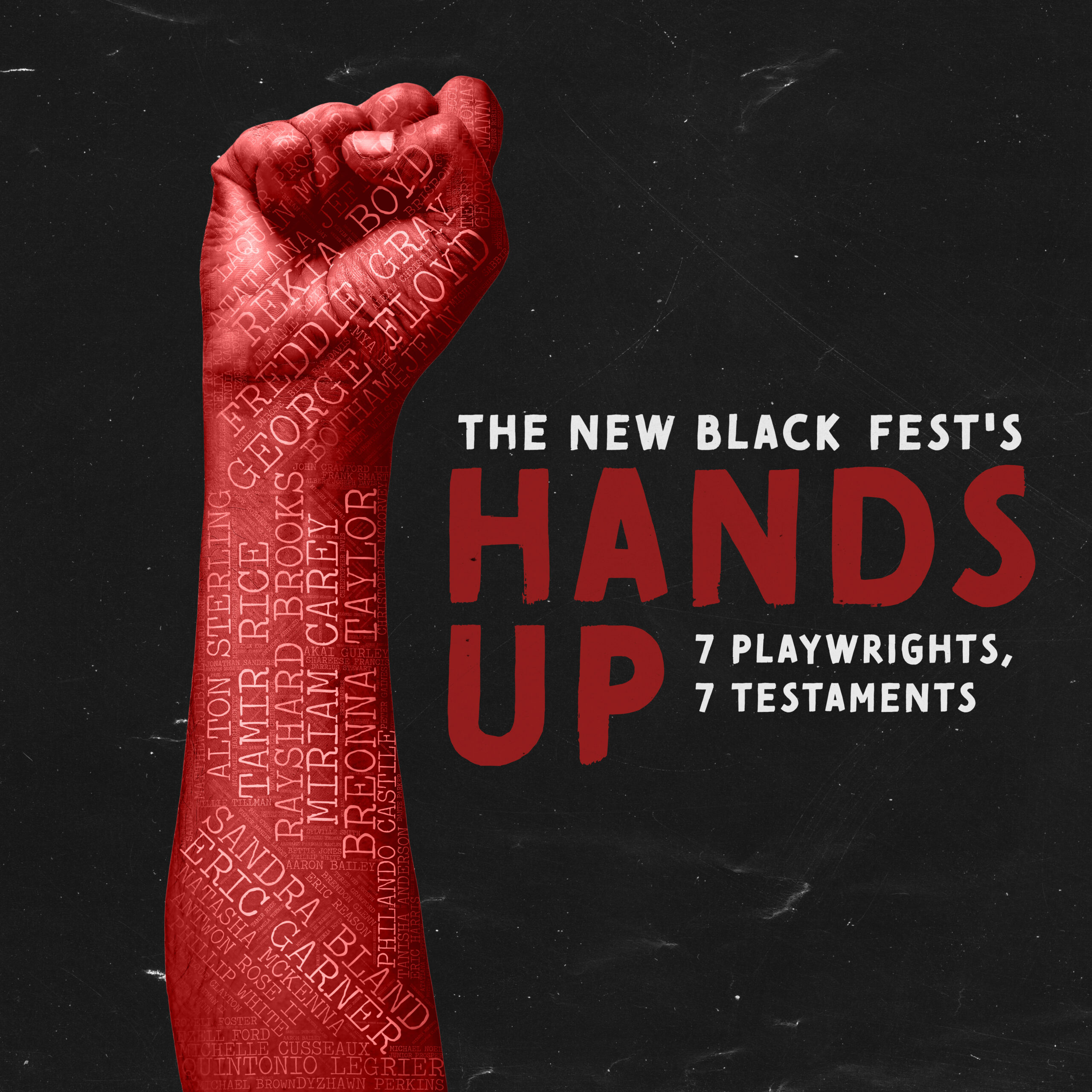“Hands up!” is a slogan and gesture that originated from the tragic shooting of Michael Brown in Ferguson, Missouri, now used by protesters around America to signal the alarming rates of police brutality against Black and brown people. “Hands Up” is also the name of the Alliance Theatre’s new production, with the subtitle “Seven Playwrights, Seven Testaments.” The play’s co-directors, Spelman College professor Keith Arthur Bolden and Spelman alumna and former Alliance Spelman Fellow Alexis Woodard joined “City Lights” host Lois Reitzes via Zoom to talk about the show and its seven different perspectives on Black reality in America.
“[Hands Up] came into my purview when I went to the National Black Theater Festival in Winston-Salem, North Carolina in 2015,” said Bolden. “Essentially, it was a play, and the playwrights performing their pieces at an altar – a makeshift lectern. But the words resonated with me, and I thought this would be a fascinating play to do at the Atlanta University Center.”
Bolden, his co-director, and their collaborators decided to recreate the play with a different approach. “I didn’t think that the convention of coming to a lectern and doing the show would resonate with my audience,” he said. “So the idea was that we would devise a piece with the community and all the actors on stage the entire time, and supporting the storyteller; sometimes by call and response, sometimes by portraying some of the characters in some of the stories, but really, as a support system in this community revolves around each other.”
The show began making its way to new venues, finding its way to Memphis at Hattiloo Theatre, winning the Citizens Award at the SETC Conference, and even performing at Valdez, Alaska’s Last Frontier Theatre Conference. Now, Spelman College presents its third annual production of “Hands Up” with Atlanta’s Alliance Theatre. Herself a graduate of the college, Woodard said seeing Spelman’s first production of the play was, for her, a call to action.
“I was really blown away by the honesty that the piece brought, and I felt like I had never been able to really see myself, or my experience reflected on stage in the way that I had seen by this particular show,” recalled Woodard. “I was really moved by that and wanted to be involved in any way possible, so I began working backstage and then stage-managing it, then AD’ing it, and then being co-director, director-in-proxy, I don’t know. Just becoming, really, partners in creating the show and in touring it over the past several years.”







